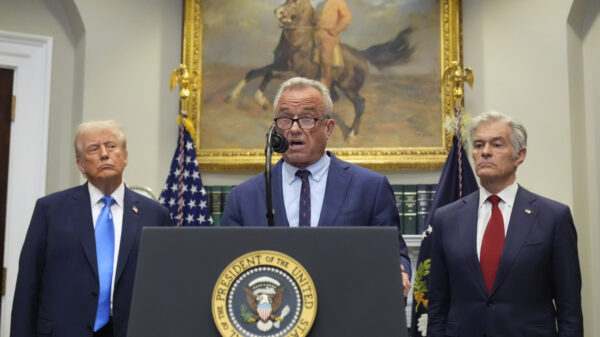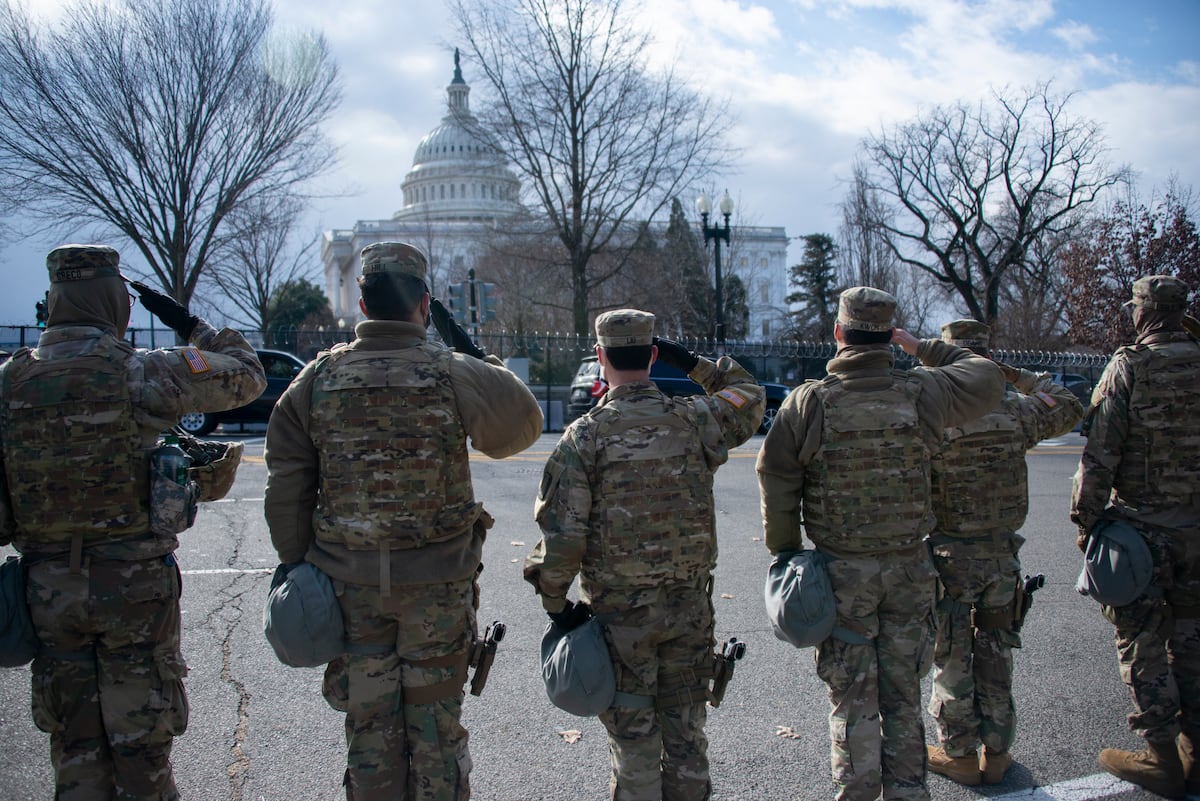The Virginia National Guard will mobilize 60 soldiers and airmen to provide logistics and administrative support to the U.S. Immigration and Customs Enforcement (ICE). Training for these service members is set to begin later this month, with operations expected to start in early September 2023. Notably, the Guardsmen will not engage in law enforcement activities or make arrests, as emphasized in a press release from the Virginia National Guard on August 8.
The role of the Virginia National Guard will focus on administrative tasks such as answering phones, data entry, basic vehicle maintenance, biometric collection, and other clerical duties. According to the press release, “Virginia National Guard Soldiers and Airmen will report directly to ICE leadership at their assigned duty locations but remain under the control and direction of the Virginia Governor and Adjutant General of Virginia.”
Operational Context and State Authority
Virginia Governor Glenn Youngkin clarified the scope of the National Guard’s role during a press briefing, stating, “It’s logistics and administration and processing, not the field stuff ICE enforcement does.” He reinforced that the National Guard’s mission is to support the administrative functions of ICE, rather than to participate in enforcement operations.
National Guard units typically operate under the authority of their respective state governors, except in specific circumstances. In July, the Department of Defense (DoD) announced that the mobilization of National Guard units for ICE support would occur under Title 32 status. This classification allows the National Guard to receive federal funding while remaining under state control. Chief Pentagon Spokesman Sean Parnell noted in a statement on July 25 that this arrangement was necessary for certain operational needs that may require interaction with individuals in ICE custody.
Historical Context of National Guard Involvement
While the current level of National Guard support for ICE is unprecedented, the Guard has a longstanding history of collaborating with law enforcement agencies across various states for non-law enforcement tasks. For instance, the California National Guard has a counter-drug task force that provides logistical support to U.S. Customs and Border Protection, assisting at international ports of entry. This initiative has received strong backing from California Governor Gavin Newsom.
Similarly, the Colorado National Guard supports law enforcement by offering services such as analysis, transportation, and communications. These collaborations enable law enforcement agencies to focus on their core functions while the National Guard manages essential clerical and mechanical tasks.
The Virginia National Guard’s announcement coincides with actions taken by governors in other states, including Florida, who are also mobilizing Guard troops to assist ICE with logistical support. This shift indicates a broader change in the Pentagon’s approach to supporting ICE. Earlier this month, 200 Marines were deployed to Florida to assist ICE, but those troops, along with Navy Reserve personnel, have since been withdrawn by the DoD, according to reports from Military Times.
As the Virginia National Guard prepares to assist ICE, the implications of this mobilization may affect ongoing discussions surrounding immigration enforcement and the role of military resources in domestic operations.







































































